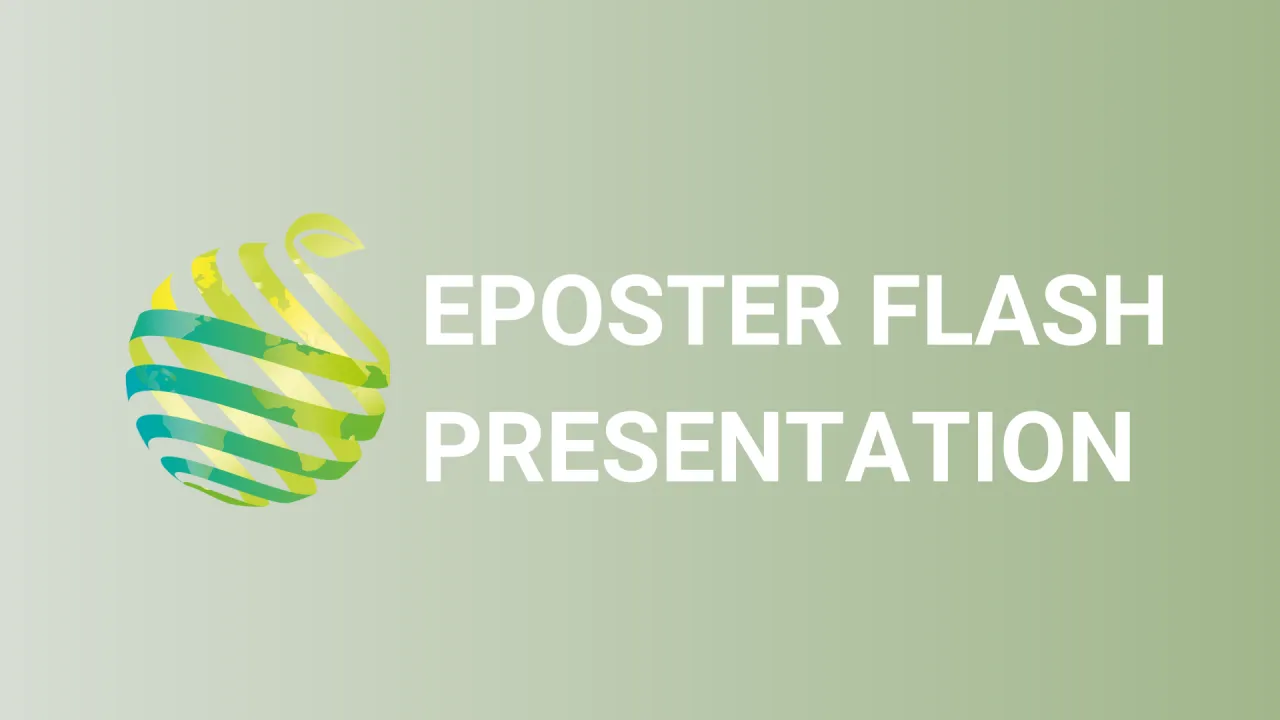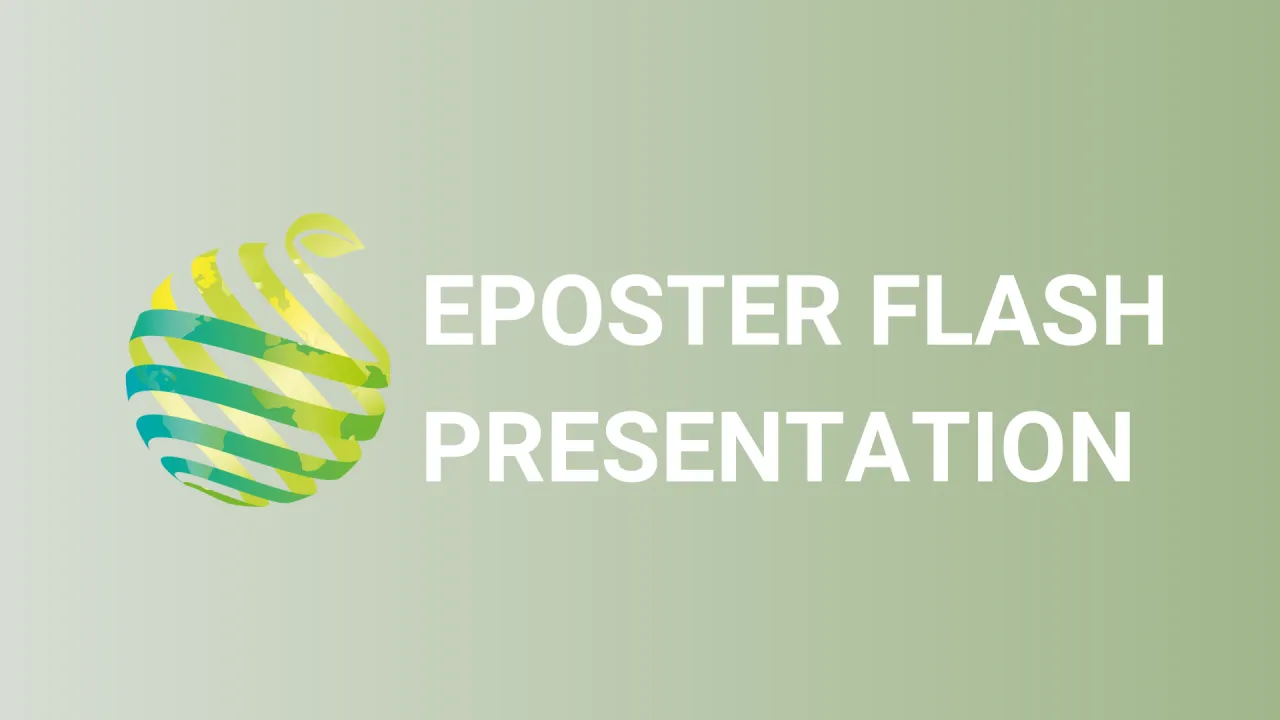

S09 - Session P1 - University as a Knowledge Marketplace: Tropical Campus Design for Innovative Agricultural Education
Information
Authors: Pongsakorn Suppakittpaisarn *, Vipavee Surinseng, Chosita Wongmuang, Ekachai Yaipimol, Nadchawan Charoenlertthanakit, Chulalux Wanitchayapaisit
Background and Objective: Current agricultural technology had shifted its paradigm to focus more about food security, innovation, and environmental stewardships. Furthermore, the educational methods and expectations have shifted in new ways, both from the growing technology and socio-environmental uncertainties. Environmental designers and agricultural educators need campus spaces to research, teach, and provide examples that reflect these changes. Thus, this study aimed to understand perspectives, ideas, and primary goals regarding urban campus design for innovative Agricultural Education in Northern Thailand. Methods: The researchers selected the site that best displayed both urban and rural agricultural practices: Faculty of Agriculture, Chiang Mai University. The site is located in the middle of Chiang Mai, a large tourist city in Northern Thailand.130 employees and agricultural specialists were interviewed by both in-depth interviews and focus groups. The interview data were analyzed in categories including spatial requirements for agricultural practices, agricultural education, research functions, and well-being for students and staffs. Results: The collected data showed that many participants had initial ideas to adapt the existing campus for the new and evolving urban and rural agricultural technologies. The Faculty of Agriculture instilled the vision of 'Smart Agriculture for Better Life' to employees. The vision was reflected through some design goals of the physical campus such as the innovation alley, BCG smart farm, and agrotourism to optimize the agricultural products even with limited urban spaces. However, uncertainties regarding future management and maintenance, educational climate during and after pandemic, interactions between urban and agricultural functions, and climate changes were discussed. Perspectives: This research provides design ideas from agricultural innovation campus in Northern Thailand and similar regions. It is novel and significant because it showed a part of an evidence-based design process within the Southeast Asian climatic and cultural contexts. The design results can be used as example for future agricultural campuses and urban agricultural sites. Designers, planners, and researchers can apply such processes in future site development.